
Etobus 60 Tablet
Manufacturer
Globus Remedies Ltd
Salt Composition
Etoricoxib (60mg)
Key Information
Short Description
Etobus 60 Tablet is a pain-relieving medicine used for relieving moderate pain and swelling of joints associated with different forms of gout and arthritis.
Dosage Form
Tablet
Introduction
Etobus 60 Tablet is a pain-relieving medicine used for relieving moderate pain and swelling of joints associated with different forms of gout and arthritis. It is also used for short-term treatment of moderate pain after dental surgery in people 16 years of age and older.
Directions for Use
Take this medicine in the dose and duration as advised by your doctor. Swallow it as a whole. Do not chew, crush or break it. Etobus 60 Tablet may be taken with or without food, but it is better to take it at a fixed time.
How it works
Etobus 60 Tablet is a non-steroidal anti-inflammatory drug (NSAID) called COX-2 inhibitors. It works by blocking the release of certain chemical messengers that are responsible for pain and inflammation (redness and swelling).
Quick Tips
It may cause dizziness and fatigue. Do not drive or do anything requiring concentration until you know how it affects you. Do not consume alcohol while on treatment with this medicine as it may cause excessive drowsiness. Regularly monitor your blood pressure while taking this medicine, particularly in the first two weeks after starting treatment. Inform your doctor if you have a history of stomach ulcers, heart diseases, high blood pressure, and liver or kidney disease. Do not take Etobus 60 Tablet if you are pregnant, planning to conceive, or breastfeeding.
Related Medicines
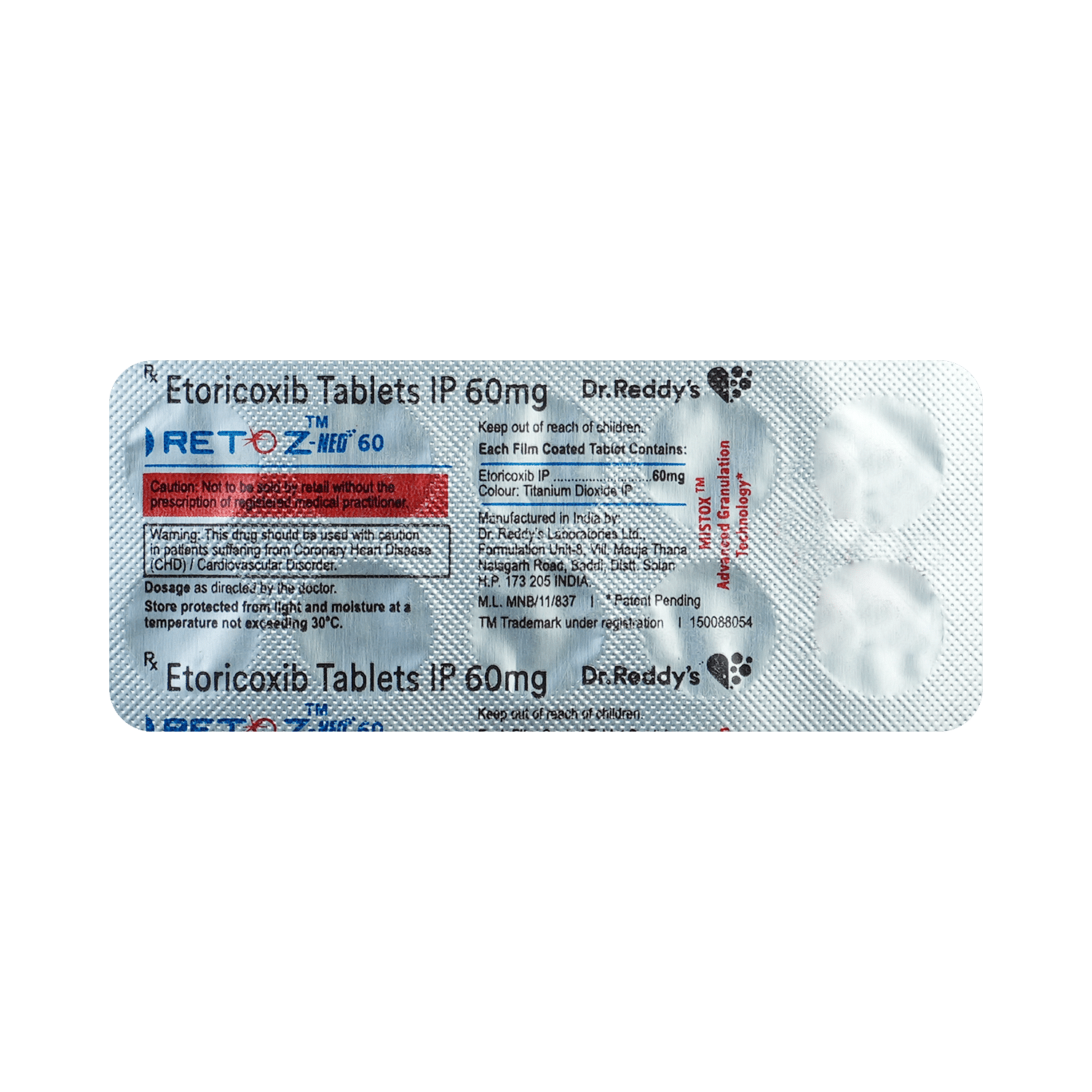
Retoz 60 Tablet
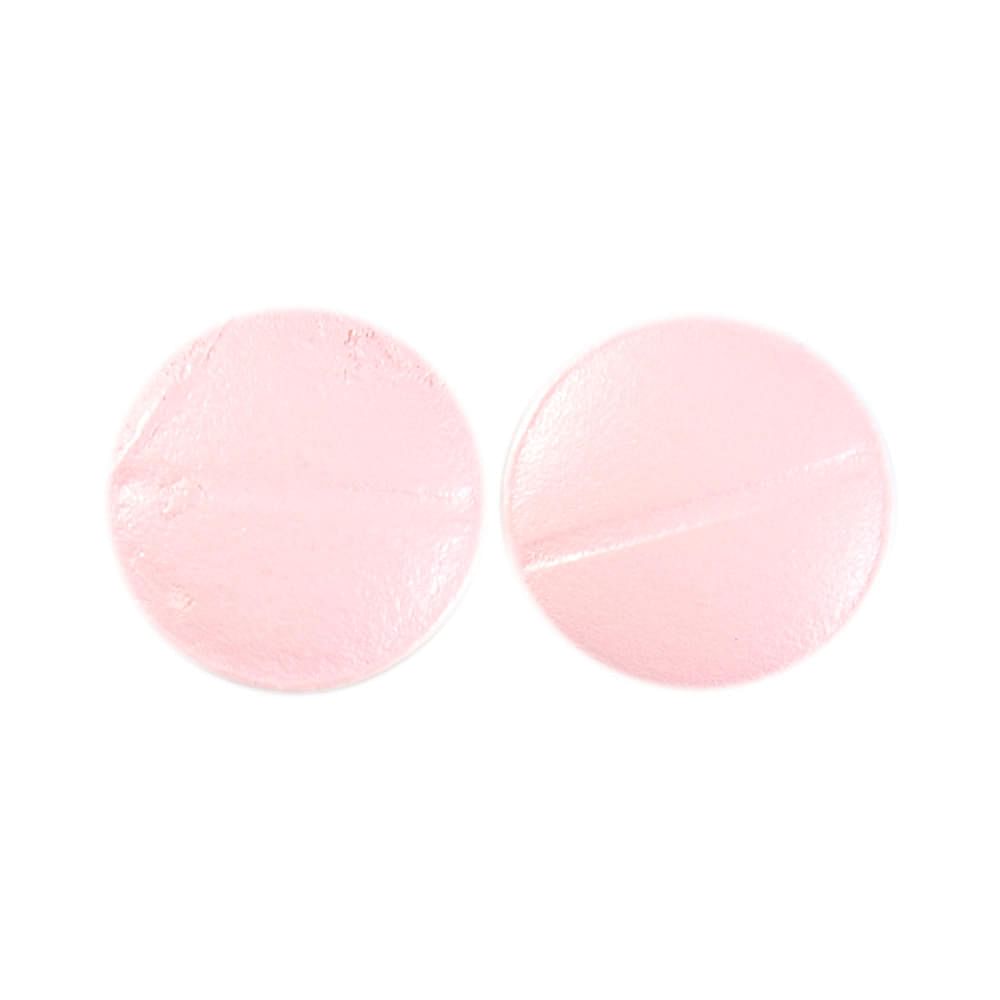
Etrobax 60 Tablet
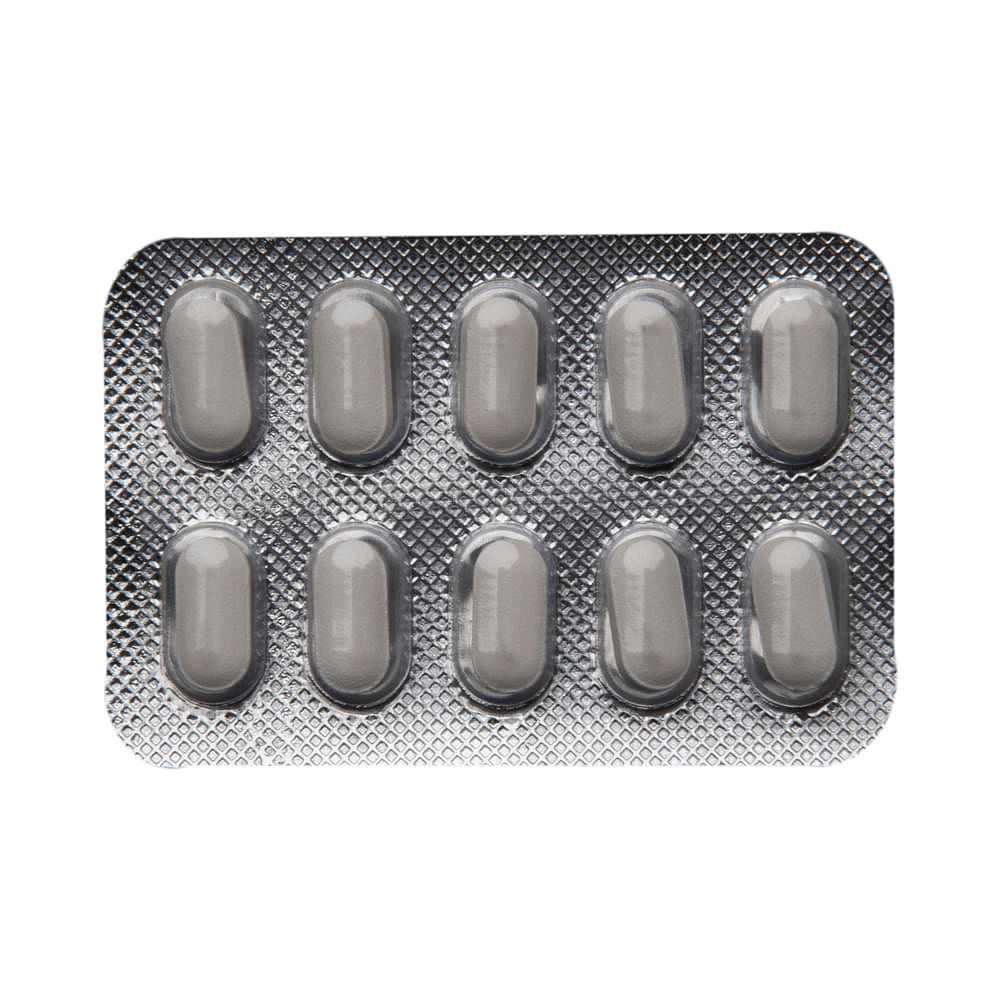
Etody 60 Tablet
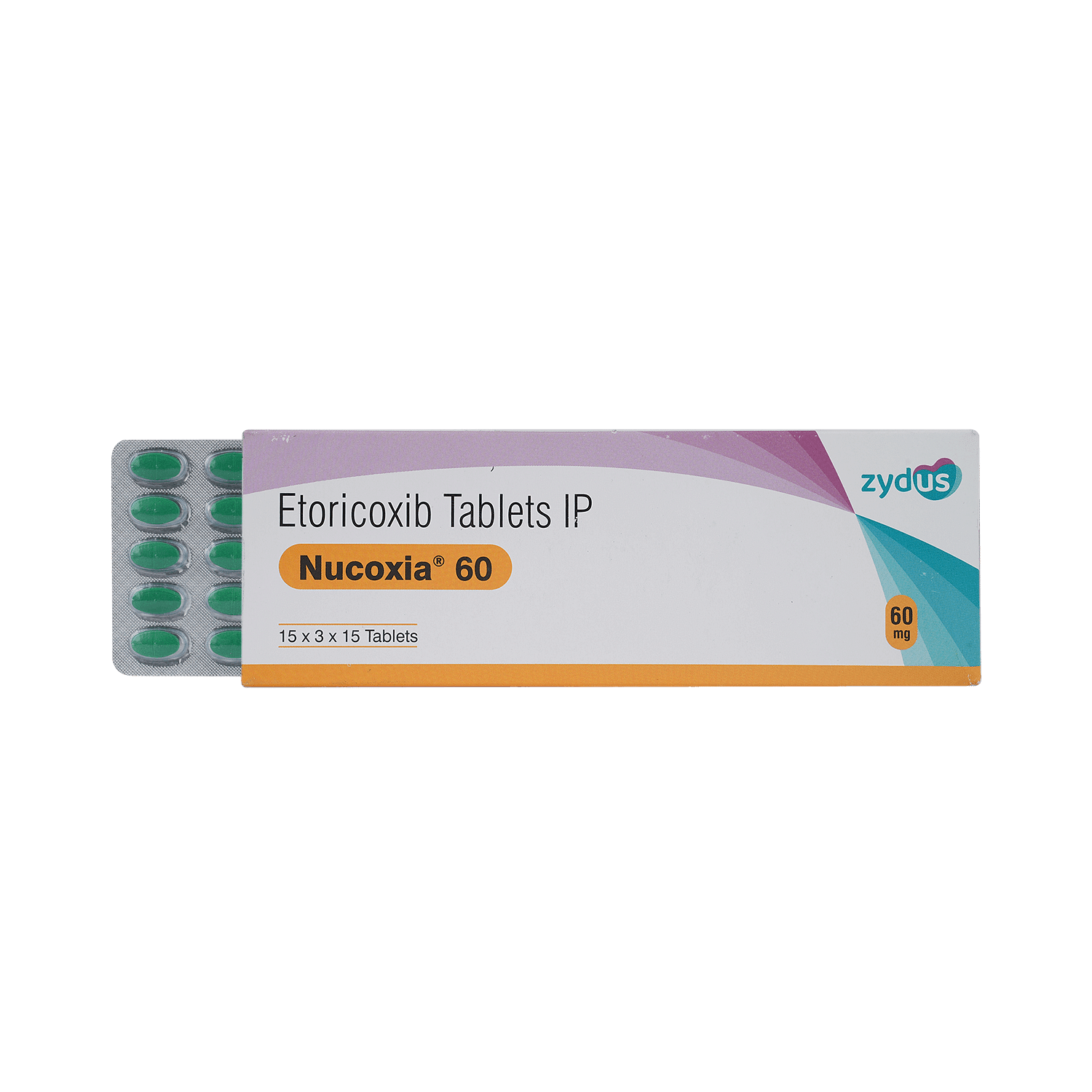
Nucoxia 60 Tablet

Etorica 60 Tablet

Retoz-Neo 60 Tablet
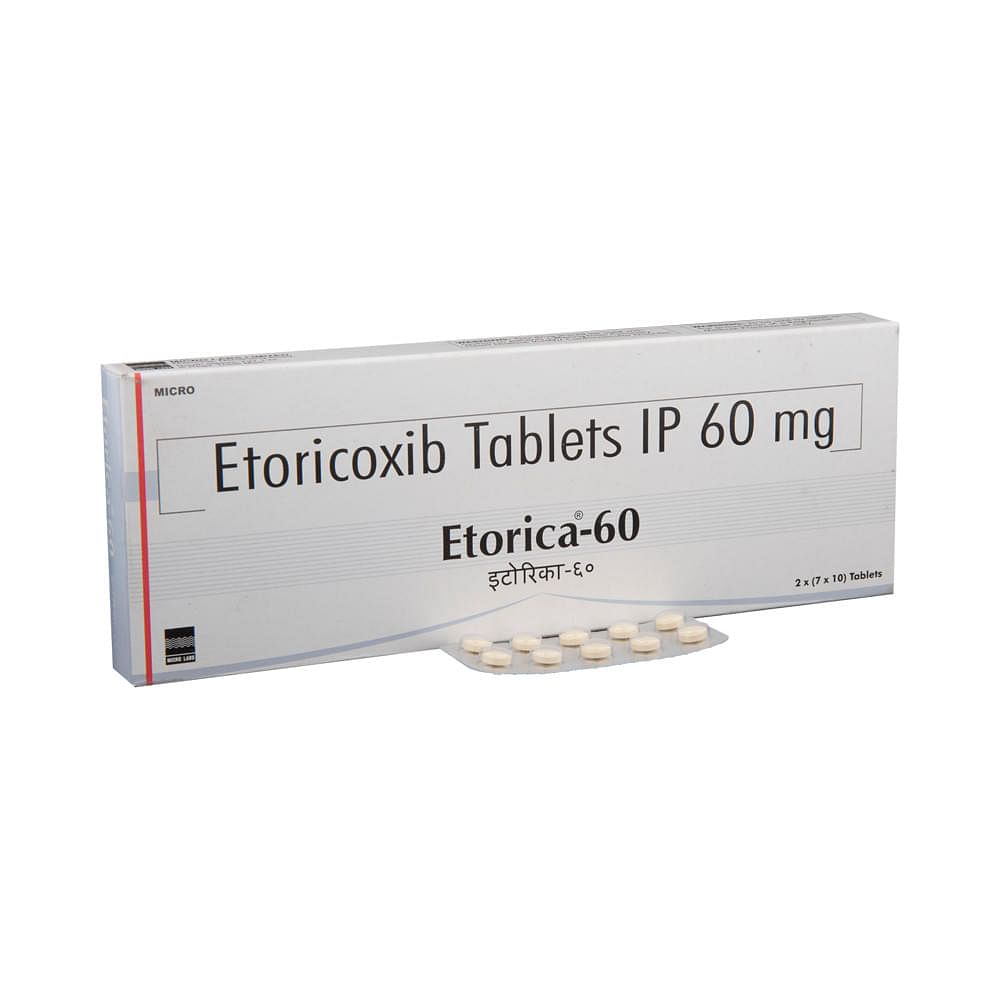
Etorica 60 Tablet
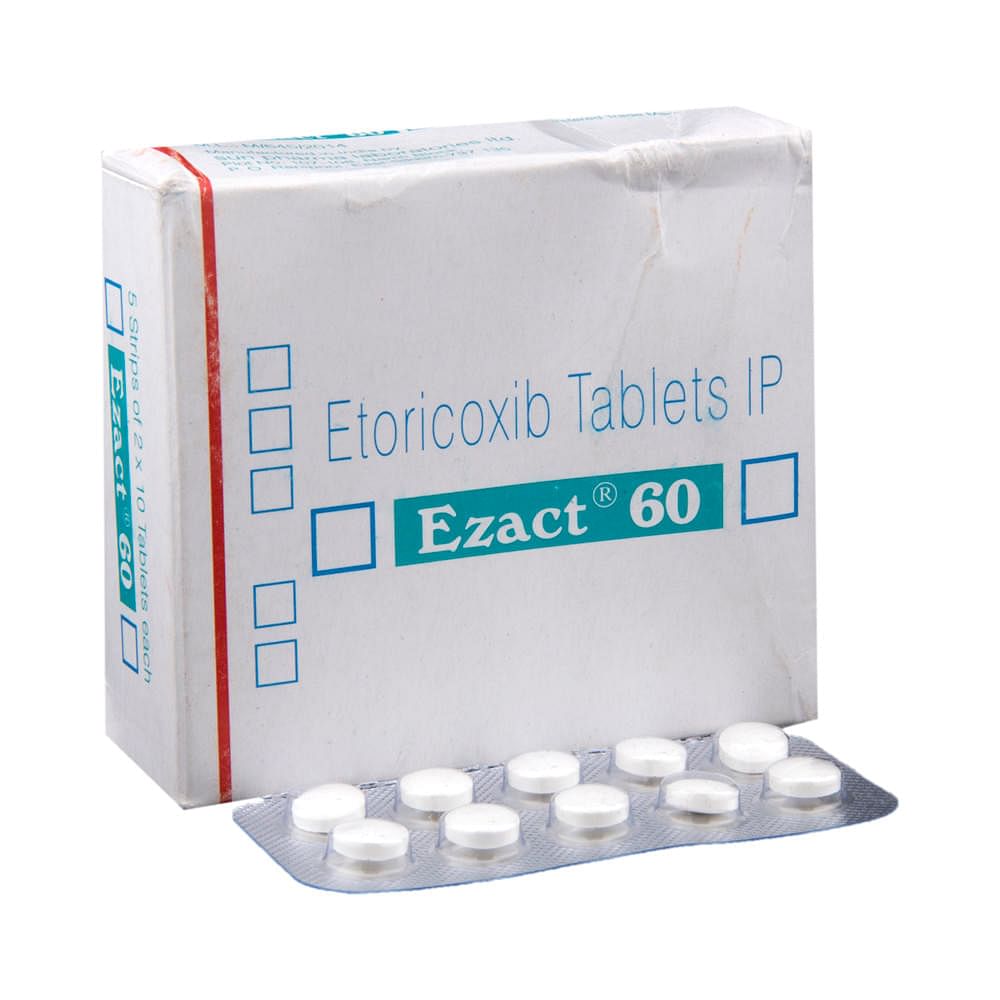
Ezact 60 Tablet
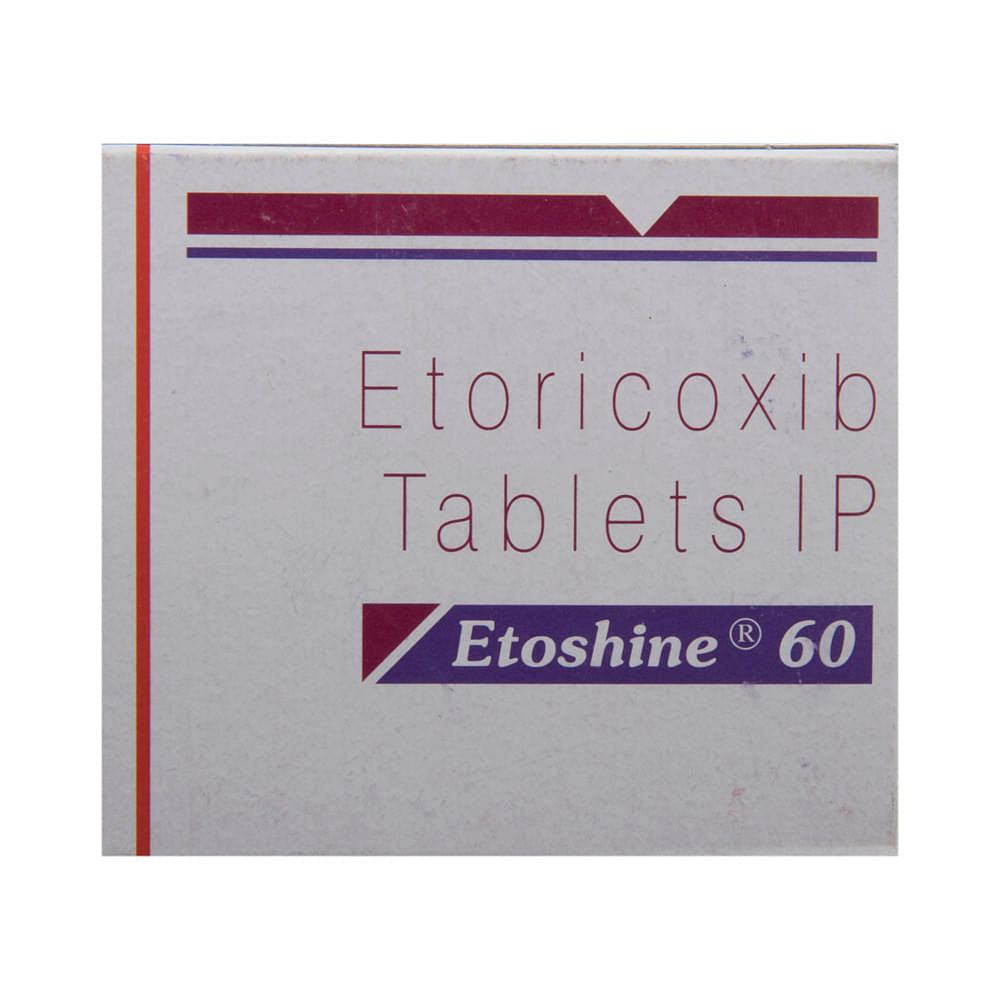
Etoshine 60 Tablet

Fiboxib 60mg Tablet
Frequently asked questions
How long do I need to take Etobus 60 Tablet?
You should take Etobus 60 Tablet for as long as your doctor recommends. The duration of treatment may vary depending on the condition being treated. For dental pain, it is typically prescribed for 3 days, while for acute pain conditions, it should be taken until the pain subsides and not exceeding 8 days. For arthritis, it is usually prescribed for a longer period, which may vary from person to person.
How should I take Etobus 60 Tablet?
Take Etobus 60 Tablet exactly as directed by your doctor. Swallow the tablet whole with a glass of water. You can take it with or without food, but taking it on an empty stomach may enhance its effectiveness. However, be sure to follow your doctor's instructions regarding food and dosage.
Does Etobus 60 Tablet cause sleepiness?
Yes, some patients may experience drowsiness or a feeling of spinning (vertigo) when taking Etobus 60 Tablet. If you experience these symptoms, it is essential to avoid operating machinery or driving until they have subsided.
Can I take aspirin while taking Etobus 60 Tablet?
Yes, low-dose aspirin can be taken for the prevention of stroke and heart attack. However, do not stop taking low-dose aspirin without consulting your doctor first. While taking Etobus 60 Tablet, it is advised to avoid taking high doses of aspirin or other anti-inflammatory medications, as they may increase your risk of stomach ulcers.
How long does Etobus 60 Tablet take to work?
Pain relief from Etobus 60 Tablet has been observed after about 4 hours of starting treatment. The full effect may take a little longer and may vary depending on the individual.
Is Etobus 60 Tablet a painkiller?
Yes, Etobus 60 Tablet is a painkiller that helps to reduce pain and inflammation in the joints and muscles due to conditions such as osteoarthritis, rheumatoid arthritis, ankylosing spondylitis, and gout. It is also used to relieve dental pain after surgery.
Is Etobus 60 Tablet bad for kidneys?
People with impaired kidney function or severe heart failure or liver problems (liver cirrhosis) should exercise caution when taking Etobus 60 Tablet as it can further impair kidney function. Uncommon side effects related to the kidneys include proteins in urine, increased serum creatinine levels, and kidney failure.


